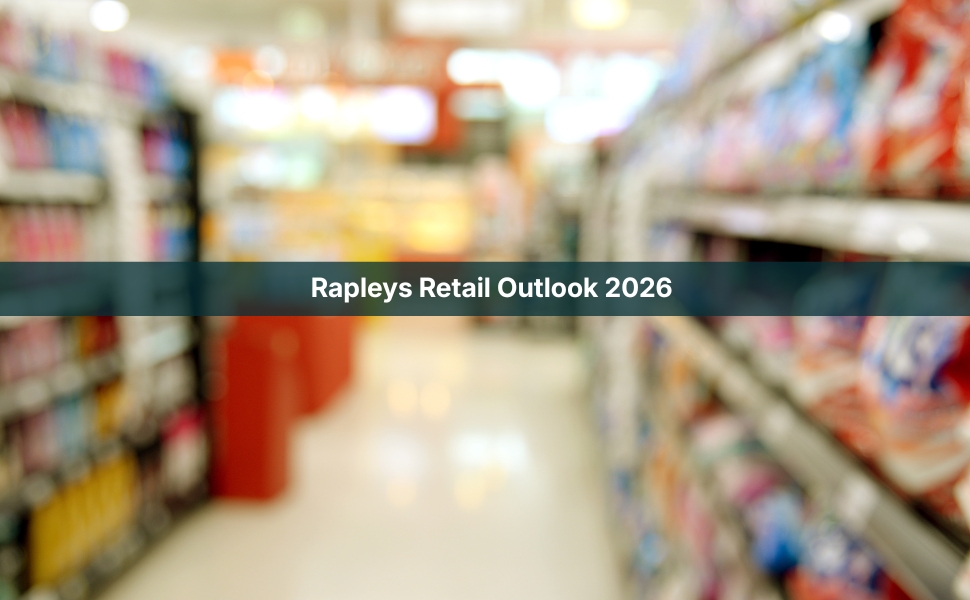
News Article
Seeing The Co-op back on the acquisition trail is a boost to the foodstore retail market
9th May 2024
By Richard Curry, Partner and Head of Retail at Rapleys, and leading foodstore commentator
The grocery market has had a welcome boost with the news that The Co-op is back acquiring stores, and this time, it’s not smoke and mirrors. It’s a genuine acquisition and expansion programme and it comes of the back of a clever strategy which saw its leadership take stock of its performane, pay off its debt post the sale of its forecourt convenience portfolio to Asda, and re-examine a format and locational plan that works for them. Buoyed with cash reserves, clear of debt, and this knowledge together with a flexible approach that suits local catchments and demand, the market is bracing for an exciting year for the business.
By selling off the forecourt stations, The Co-op have also rid itself of future capex that would be needed to decarbonise and convert for EVs, and, as a green brand, it’s no longer intrinsically linked to petrol, which is a plus. Cash can now be diverted into new stores rather than debt and conversions.
In its most recent results, the Group announced the food arm was planning to acquire new stores, more than double the number of new franchise locations, open 400 new Nisa shops and accelerate its share in the quick commerce market to over 30%. It ended 2023 as the top quick convenience brand, and expanded its partnership with Just Eat to over 1,000 stores in 2023, aiming to capture 30% of the overall quick convenience market share in the next four years.
This is excellent news for the market. Why? Because having a major player like The Co-op actively acquiring stores will drive competition from other supermarkets and foodstore retailers which will boost rents and bring forward development, which will then of course drive other new openings.
This adds to the re-emergence of Lidl from dormancy, another good example of a brand that has reflected on its requirements and pivoted strategy accordingly, with its preferred store format of 25,000+ sq ft already being successful.
This type of activity is exactly what the market wants and needs following a protracted period of ‘wait and see’ in which capex was only spent when absolutely crucial thanks to ongoing political and economic uncertainty, energy costs, supply and labour issues, inflation, compliance with MEES legislation, falling consumer confidence and spend.
Don’t get me wrong, many of these pressures haven’t gone away necessarily but the brands that used the ‘wait and see’ period wisely to look inwards, creating efficiencies and trialling the right formats, are going to come back stronger and be ready to expand again much quicker than those that did not.
One of the ‘did nots’ is Asda who, despite buying up the forecourt convenience portfolio from The Co-op has seen its owners pay off debt of an expensive loan, rather than on competing with other foodstores and investing in their own store format. Morrisons is another example, having to pay off a loan perhaps they didn’t want in the first place, rather than expand or compete.
Time will tell whether other brands will follow The Co-op’s example and, while a full market recovery is not quite apparent yet, the signs are good and there will be plenty more smiles across the foodstore sector going forwards.
Related news
Why Warm Homes is such a hot topic
Martin Gladwin and Titus Wing explore the Government’s Warm Homes Plan





